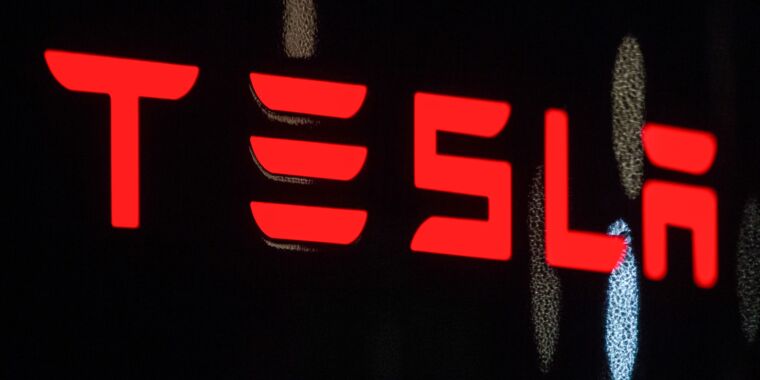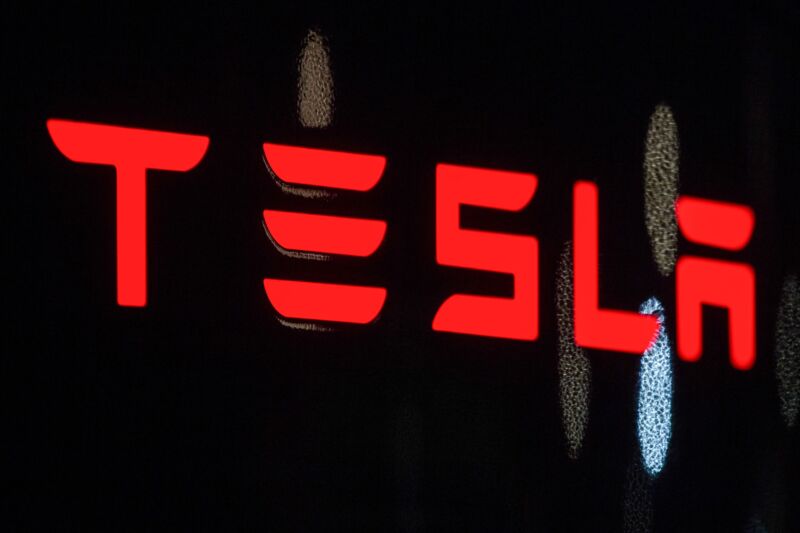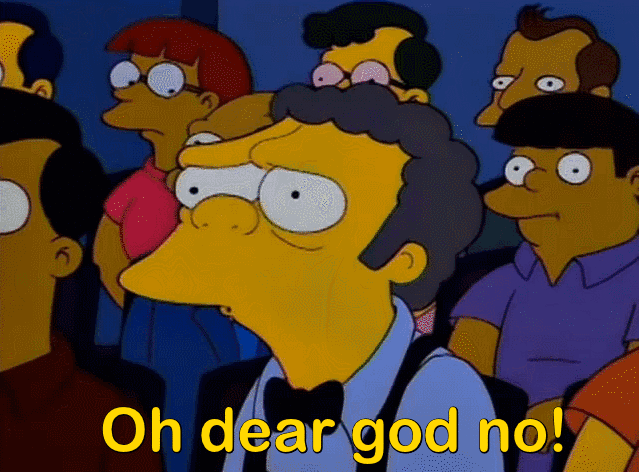
Tesla must face fraud suit for claiming its cars could fully drive themselves
Lawsuit targets 2016 claim that all Tesla cars "have full self-driving hardware."
Tesla must face fraud suit for claiming its cars could fully drive themselves
Lawsuit targets 2016 claim that all Tesla cars "have full self-driving hardware."
JON BRODKIN - 5/16/2024, 1:56 PM
Enlarge
Getty Images | SOPA Images
151
A federal judge ruled yesterday that Tesla must face a lawsuit alleging that it committed fraud by misrepresenting the self-driving capabilities of its vehicles.
California resident Thomas LoSavio's lawsuit points to claims made by Tesla and CEO Elon Musk starting in October 2016, a few months before LoSavio bought a 2017 Tesla Model S with "Enhanced Autopilot" and "Full Self-Driving Capability." US District Judge Rita Lin in the Northern District of California dismissed some of LoSavio's claims but ruled that the lawsuit can move forward on allegations of fraud:
The remaining claims, which arise out of Tesla's alleged fraud and related negligence, may go forward to the extent they are based on two alleged representations: (1) representations that Tesla vehicles have the hardware needed for full self-driving capability and, (2) representations that a Tesla car would be able to drive itself cross-country in the coming year. While the Rule 9(b) pleading requirements are less stringent here, where Tesla allegedly engaged in a systematic pattern of fraud over a long period of time, LoSavio alleges, plausibly and with sufficient detail, that he relied on these representations before buying his car.
Tesla previously won a significant ruling in the case when a different judge upheld the carmaker's arbitration agreement and ruled that four plaintiffs would have to go to arbitration. But LoSavio had opted out of the arbitration agreement and was given the option of filing an amended complaint.
LoSavio's amended complaint seeks class-action status on behalf of himself "and fellow consumers who purchased or leased a new Tesla vehicle with Tesla's ADAS [Advanced Driver Assistance System] technology but never received the self-driving car that Tesla promised them."
Cars not fully autonomous
Lin didn't rule on the merits of the claims but found that they are adequately alleged. LoSavio points to a Tesla statement in October 2016 that all its cars going forward would have the "hardware needed for full self-driving capability," and a November 2016 email newsletter stating that "all Tesla vehicles produced in our factory now have full self-driving hardware."The ruling said:
Those statements were allegedly false because the cars lacked the combination of sensors, including lidar, needed to achieve SAE Level 4 ("High Automation") and Level 5 ("Full Automation"), i.e., full autonomy. According to the SAC [Second Amended Complaint], Tesla's cars have thus stalled at SAE Level 2 ("Partial Driving Automation"), which requires "the human driver's constant supervision, responsibility, and control."
If Tesla meant to convey that its hardware was sufficient to reach high or full automation, the SAC plainly alleges sufficient falsity. Even if Tesla meant to convey that its hardware could reach Level 2 only, the SAC still sufficiently alleges that those representations reasonably misled LoSavio.
The complaint also "sufficiently alleges that Musk falsely represented the vehicle's future ability to self-drive cross-country and that LoSavio relied upon these representations pre-purchase," Lin concluded. Musk claimed at an October 2016 news conference that a Tesla car would be able to drive from Los Angeles to New York City "by the end of next year without the need for a single touch."
Statute of limitations not an obstacle, for now
Lin ruled that the complaint can move forward even though the relevant statutes of limitations range from two to four years, and LoSavio sued over five years after buying the car. Under the delayed discovery rule, the limitations period begins when "the plaintiff has, or should have, inquiry notice of the cause of action."In September 2023, the court granted Tesla's motion to dismiss claims from LoSavio because of the statute of limitations but allowed LoSavio to amend his complaint.
LoSavio alleges that for years after buying his car, he relied on "Tesla's repeated claims that the car's software was the source of delay, and that software fixes were perpetually forthcoming," yesterday's ruling said. But when Tesla declined to update his car's cameras in April 2022, "LoSavio allegedly discovered that he had been misled by Tesla's claim that his car had all the hardware needed for full automation."
Lin rejected Tesla's argument that LoSavio should have known earlier. "Although Tesla contends that it should have been obvious to LoSavio that his car needed lidar to self-drive and that his car did not have it, LoSavio plausibly alleges that he reasonably believed Tesla's claims that it could achieve self-driving with the car's existing hardware and that, if he diligently brought his car in for the required updates, the car would soon achieve the promised results," Lin wrote.
Tesla can still argue later in the litigation that LoSavio should have made this realization earlier. "Having adequately alleged diligence, the extent of his diligence and its reasonableness are questions of fact not suitable for disposition at this stage," the judge wrote.
Warranty claims dismissed
Lin dismissed other fraud claims that centered on Tesla statements suggesting future developments in self-driving technology would be "forthcoming at an unspecified time." LoSavio failed to "plausibly allege that those statements were false or misleading when made.""LoSavio does not plausibly allege that those representations promised fully autonomous self-driving by any particular timeline, let alone that Tesla knew that timeline to be unrealistic," the ruling said.
Lin also dismissed warranty claims because "LoSavio knew at purchase that the car was not fully self-driving." The warranty claims were dismissed with prejudice and without leave to amend because LoSavio has already amended the claims twice and failed to identify "how he could sufficiently bolster these allegations upon further amendment."
The judge found that under the current pleading, LoSavio does not have standing to seek injunctive relief because the complaint "does not allege that LoSavio has any interest in buying another Tesla." But Lin dismissed the claim without prejudice, allowing LoSavio to amend the claim. The ruling noted that LoSavio "attested that he would have such interest if he could regain his trust in the brand's statements and self-driving capabilities" and "alleges that injunctive relief is necessary to protect against future harm."
LoSavio has until June 5 to amend his complaint, and Tesla has until June 19 to respond.



 damn another L....
damn another L....
 . Dudes stunting in them broken polygon ass trucks waving like the queen of whatever, while the marsupial and the squad going:
. Dudes stunting in them broken polygon ass trucks waving like the queen of whatever, while the marsupial and the squad going:
